Maritime innovation: Underwater habitat with modular architecture
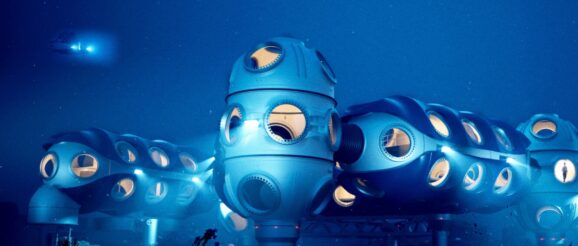
(www.MaritimeCyprus.com) An underwater habitat is set to be built with submarines, livable residences, research laboratories, and observatories on the seabed and open its doors to the public by 2027. Developed by the research organization DEEP, the underwater habitat will consist of modular subsea habitats named Sentinel.
The technology can enable scientists to live underwater at depths of up to 200 meters for up to 28 days at a time and provide them with extended access to study the continental shelves by being able to descend to 200 meters. The modular system is adaptable, entirely customizable, and flexible enough to support short-term through semi-permanent deployments.
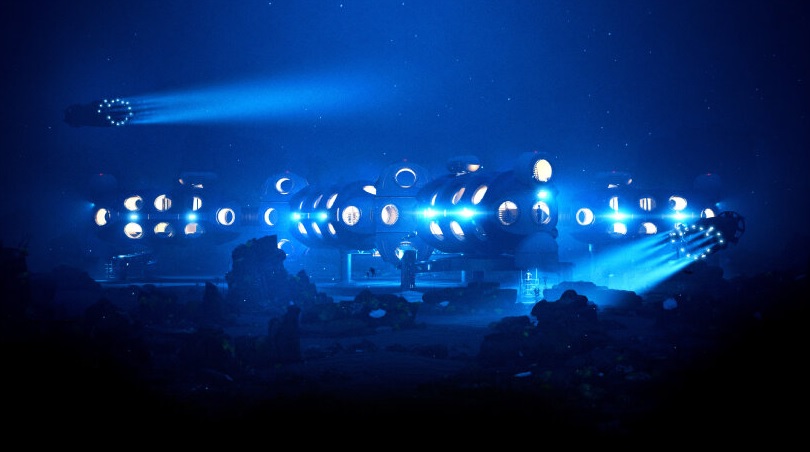
DEEP has also established its own institute which aims to train divers to be competent and capable divers. They will help transport the architecture from land to water as well as guide the long-term operation and habitation of Sentinel. DEEP is currently in discussions with a number of partners about its first deployments.
As the team states, the UK’s South West has a cluster of relevant marine engineering, diving, hyperbaric, and submersible expertise and given their links with the wider UK diving industry. Scientists will be able to closely observe, monitor, and understand the oceans and their species as the project comes to life.
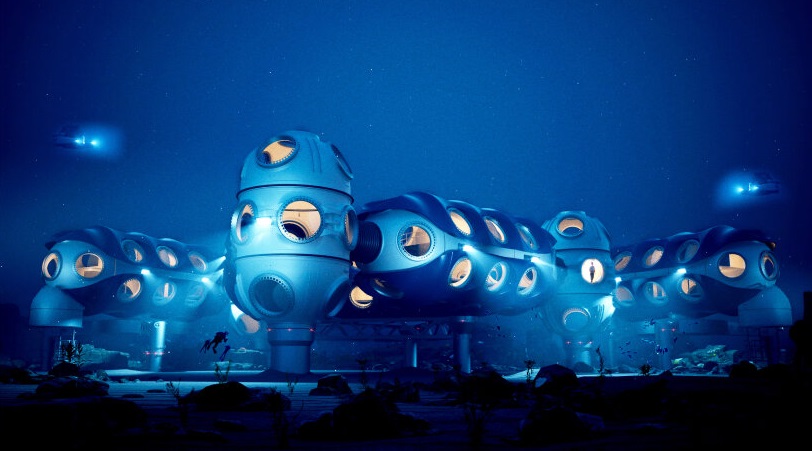
DEEP TO DEVELOP A RENEWABLE POWER SOURCE UNDER THE SEA
DEEP’s underwater habitat is not just an observatory and research facility. It also features interiors that can be changed and designed to create livable homes under the sea. On the seafloor, the entire portions of the modular subsea habitats can be added, deleted, or moved without affecting the other Sentinels. The team says that the connected habitats will also be designed to adapt to the pressure of the sea.
The Sentinel power systems will be built using a micro-grid architecture that will be integrated with DEEP’s satellite communications buoy and a renewable power source. The DEEP research team is working on a large-scale bio-reactor to handle all waste, eliminating the need for routine tank emptying.
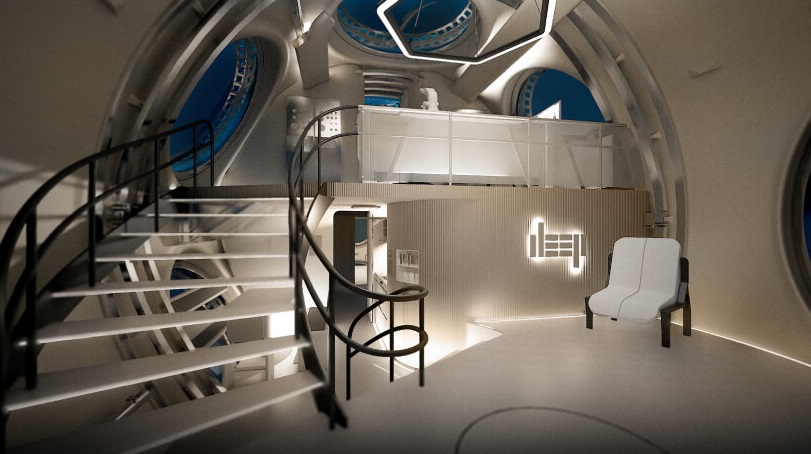
Sean Wolpert, President of the Americas at DEEP, comments that not having a better understanding of the oceans is no longer an option. ‘DEEP is coming out of stealth mode now as we need to take others on this journey. Looking at the themes around the emerging new ocean/blue economy, we hear of opportunities and solutions in pharmaceutical research, in carbon capture, in innovative medicines. This is about how we can cooperate and begin to work with the oceans for generations to come. DEEP offers partners a way to do this hitherto impossible,’ he says.
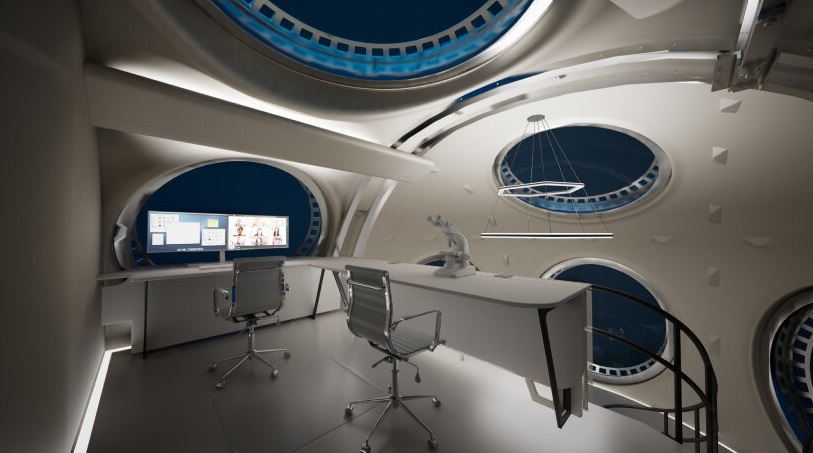
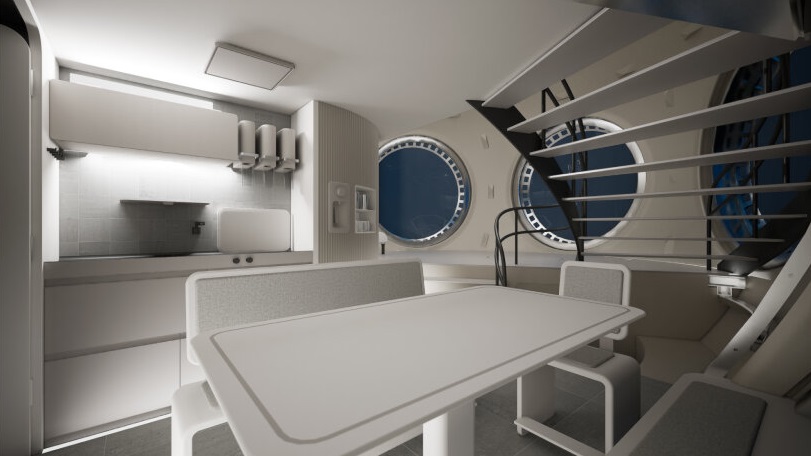
Source: DEEP
